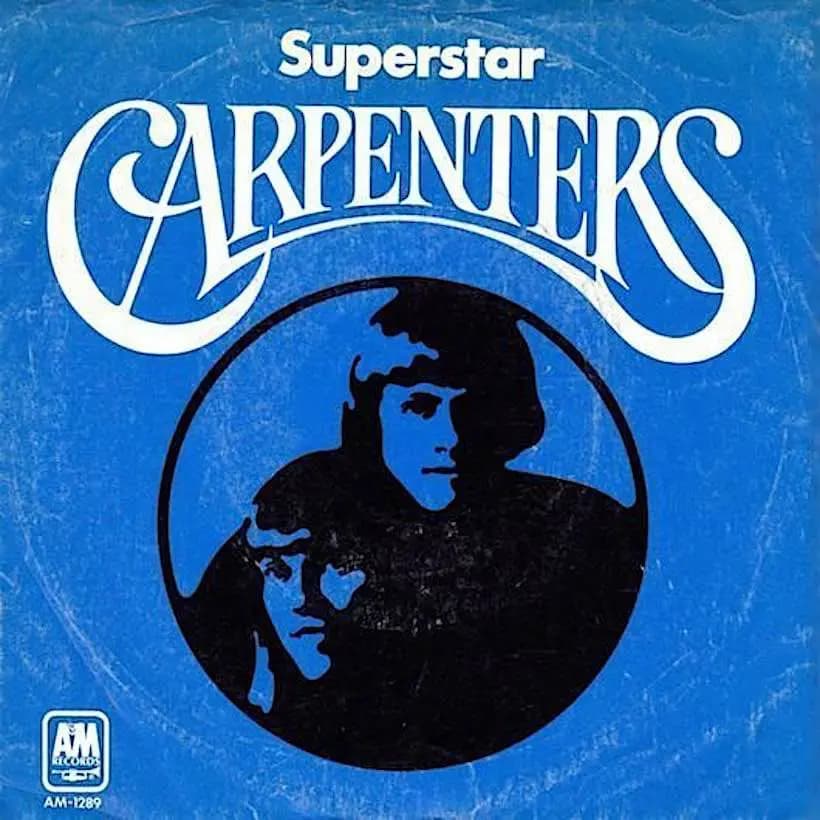
The evocative and timeless hit “Superstar”, originally written by Bonnie Bramlett and Leon Russell in 1969, carries a rich and captivating history long before the iconic Carpenters breathed a new life into it in early 1971. Their sophisticated rendition would soon emerge as the definitive pop interpretation, skyrocketing onto the Billboard Hot 100 as the highest new entry for the week of September 4, 1971, stunning fans worldwide.
The story begins with Delaney & Bonnie, who first recorded “Superstar” late in 1969, adding a soulful touch with Eric Clapton’s subtle guitar riffs. Yet intriguingly, this original version was released merely as a B-side to their single “Comin’ Home,” which modestly peaked at No.84 in the United States but gained more traction in the UK, soaring to No.16 under the credit of “Delaney & Bonnie and Friends featuring Eric Clapton.” At this early stage, the haunting melody was known as “Groupie (Superstar),” hinting at its raw and unfiltered roots.
In 1970, the song’s journey grew more vibrant as Joe Cocker’s legendary Mad Dogs & Englishmen tour spotlighted it. Leon Russell, the tour’s bandleader, along with vocalist Rita Coolidge, gave it a heartfelt motion that would carry the tune’s essence further into music history. Still, this was all before the ever-memorable Carpenters personalized it with their unparalleled artistry, featuring Earle Dumler’s poignant oboe, Joe Osborn’s resonant bass, and the renowned session drummer Hal Blaine behind the kit.
What truly made “Superstar” take flight was Richard Carpenter’s sudden inspiration after witnessing Bette Midler’s soulful performance on the February 15, 1971 episode of The Tonight Show with Johnny Carson. Within months, Richard, teaming up with producer Jack Daugherty and utilizing the famous Wrecking Crew, a collection of elite Los Angeles session musicians, crafted the immortal version. Given the Carpenters’ family-friendly image, Richard tactfully altered the lyrics to suit their style — changing the provocative line “And I can hardly wait/To sleep with you again” to a more delicate “And I can hardly wait/To be with you again.” Remarkably, this masterpiece was completed in a single take.
Karen Carpenter’s vocal performance remains one of her most praised achievements. Critics have marveled at the emotional intensity and raw vulnerability she imbued into the song. David Hepworth notably observed:
“Even with only half her mind on the job, she delivered a perfect performance. The guide vocal never needed to be replaced.”
The Carpenters’ version landed on their May 1971 album ‘Carpenters’ and swiftly climbed the charts once released as a single in August that year. The song reached an impressive No.2 on the Billboard Hot 100 pop singles chart, narrowly missing the top spot due to Rod Stewart’s hit “Maggie May.” It dominated the Easy Listening chart for two weeks that autumn, securing gold record status and further cementing its legacy. Overseas, it achieved respectable success, reaching No.18 on the UK pop singles chart and charting in Australia and New Zealand.
This song’s soul-stirring lyrics continue to resonate decades later, evoking a poignant tale of longing and love. The heartfelt words echo:
Long ago, and, oh, so far away
I fell in love with you before the second show
Your guitar, it sounds so sweet and clear
But you’re not really here, it’s just the radio
Don’t you remember, you told me you loved me, baby?
You said you’d be coming back this way again, baby
Baby, baby, baby, baby, oh baby
I love you, I really do
Loneliness is such a sad affair
And I can hardly wait to be with you again
What to say to make you come again? (Baby)
Come back to me again (baby)
And play your sad guitar
Don’t you remember, you told me you loved me, baby?
You said you’d be coming back this way again, baby
Baby, baby, baby, baby, oh baby
I love you, I really do
The story of “Superstar” is a haunting saga of musical evolution, raw emotion, and timeless appeal, brought to life by multiple artists but immortalized by the Carpenters through their undeniable talent and heartfelt delivery. Their version remains a poignant reminder of love’s persistence through distance and silence, immortal in the annals of pop music history.